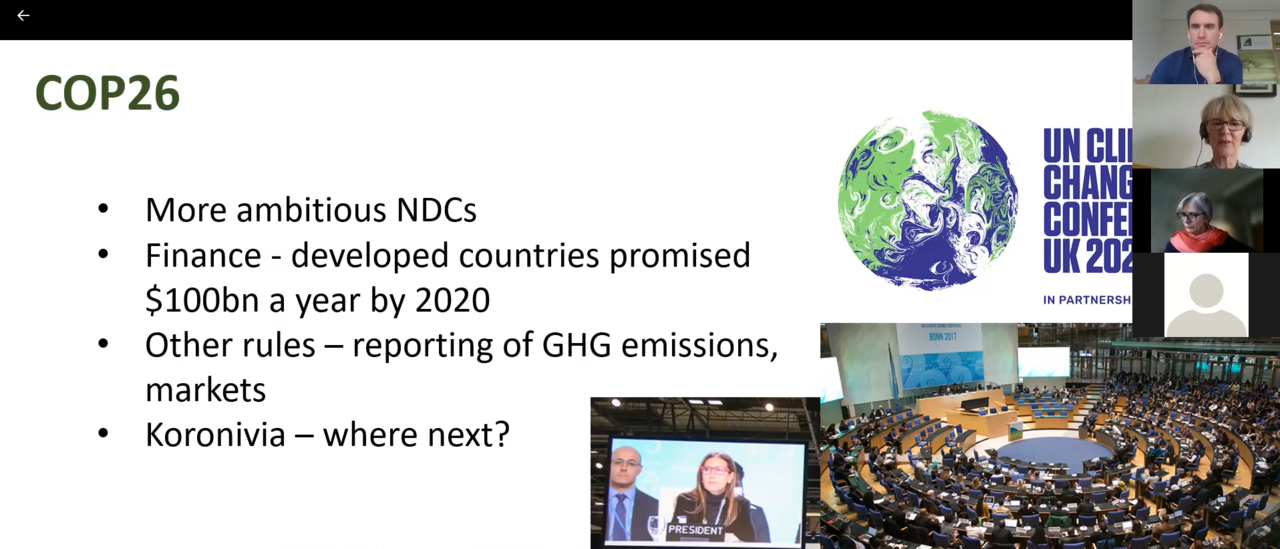
Transitional Agriculture - 3rd Seminar Block: Climate-resilient agriculture
During the third seminar block in 2021 of the Transitional Agriculture Project, the six national farmers' organisations from Ghana, Malawi, Germany, Rwanda, Zimbabwe and Russia addressed agricultural challenges and solutions for climate change adaptation and prevention measures.
At the first seminar, the participating farmers' organisations reported on their programmes and activities on climate change that they offer to their members. Most of the activities are related to the training of farmers on the changing microclimate in their respective regions, often with a special focus on smallholder farmers. The biggest challenge in climate change adaptation is the lack of financial resources for innovation. Furthermore, the farmers have limited access to reliable climate data and information, so adaptation is generally difficult.
In the second seminar the participants discussed about different climate change scenarios and innovative solutions to cope with it. Dr. Aniruddha Gosh from the Consultative Group on International Agricultural Research (CGIAR) gave an overview of the possibilities for African agriculture to adapt to climate change. This depends on the context, e. g. which culture/beliefs are lived in the region, what knowledge is already available and how it is passed on, as well as on the location itself. Mr. Gosh also explained that insurance in agriculture for e. g. flooding of agricultural land should be looked at critically. A survey in Kenya showed that 95 % of farmers do not understand the insurance system itself but also the added value. Moreover, these insurances are very specific, e. g. there is a different contract for coffee than for maize. Thus, agricultural participants need a different insurance policy for each crop.
The third seminar dealt with the Paris Agreement and its significance for agriculture. Prof. Dr. Ceris Jones from the United Nations Framework Convention on Climate Change (UNFCCC) presented the most important goals of the agreement for agriculture and the role of farmers' organisations. Furthermore, Ms. Andrea Castellanos from "Climate Change Agriculture and Food Security" (CCAFS) gave an interesting insight into the WFO programme "The Climakers". In this programme, different farmers from around the world discuss their innovations and solutions to address climate change. During the subsequent panel discussion with the participants of the seminar, it became clear that farmers' organisations themselves want to be more involved in such political decisions as the Paris Agreement.
The seminar block on climate-resilient agriculture was the final event in the Transitional Agriculture Project's 2021 seminar series.
Next year, the seminars will continue, and it is hoped that, after waiting for a long time, a physical meeting between the farmer organisations involved can then finally take place for the first time.
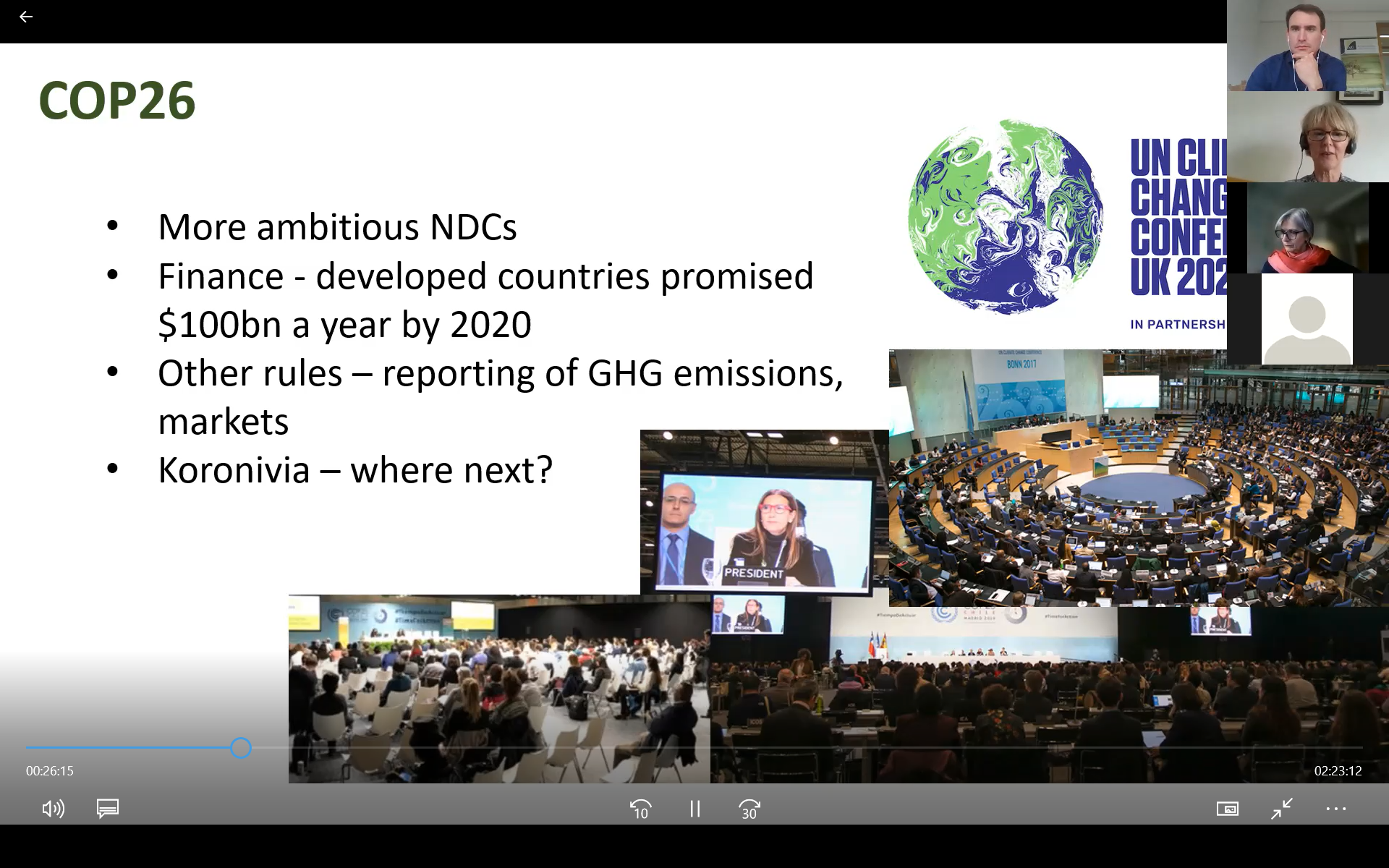
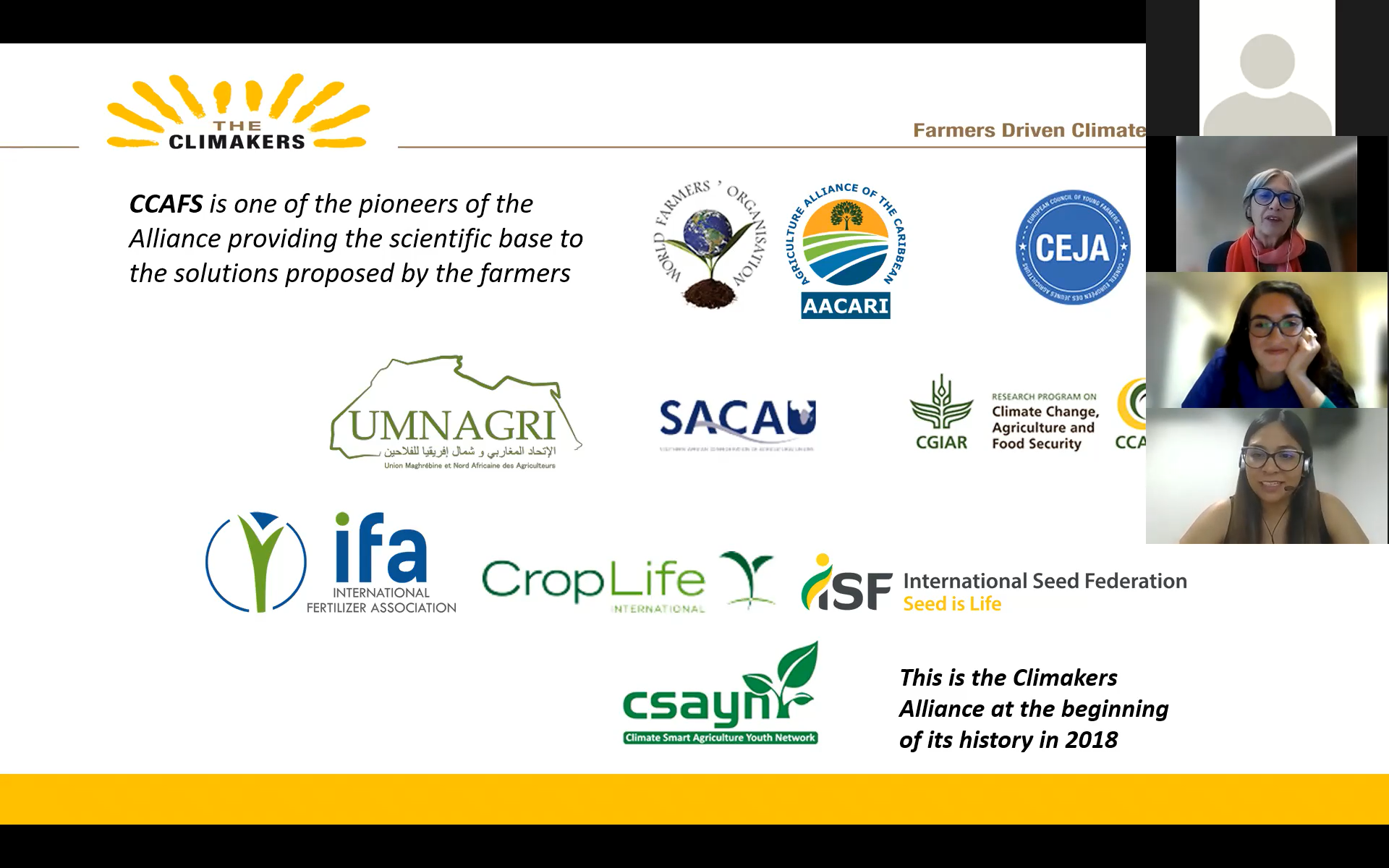
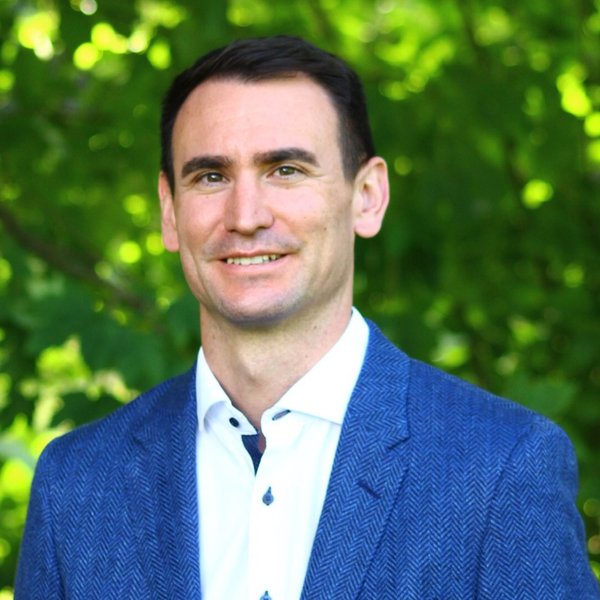
Falk Kullen
Managing Director- Telephone: +49 711 6520587 5
- Mobile phone: +49 174 8934021
- E-mail: f.kullen(at)agrarkontakte.de
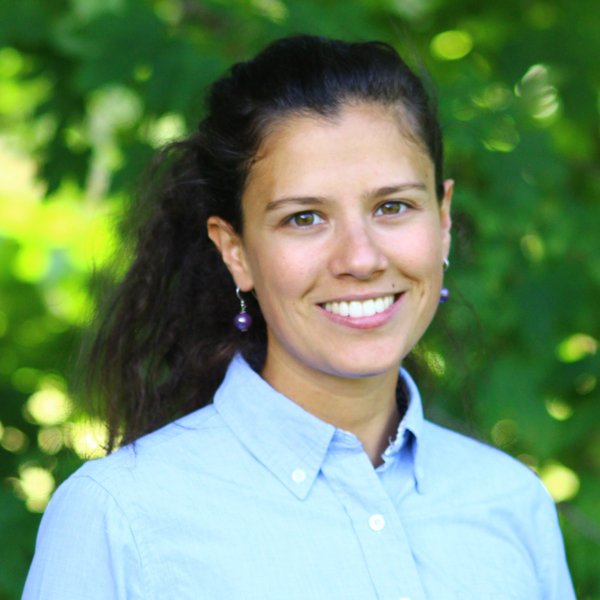
Julia Fendel
Project Management- Telephone: +49 711 6520587 3
- Mobile phone: +49 172 3709461
- E-mail: j.fendel(at)agrarkontakte.de


